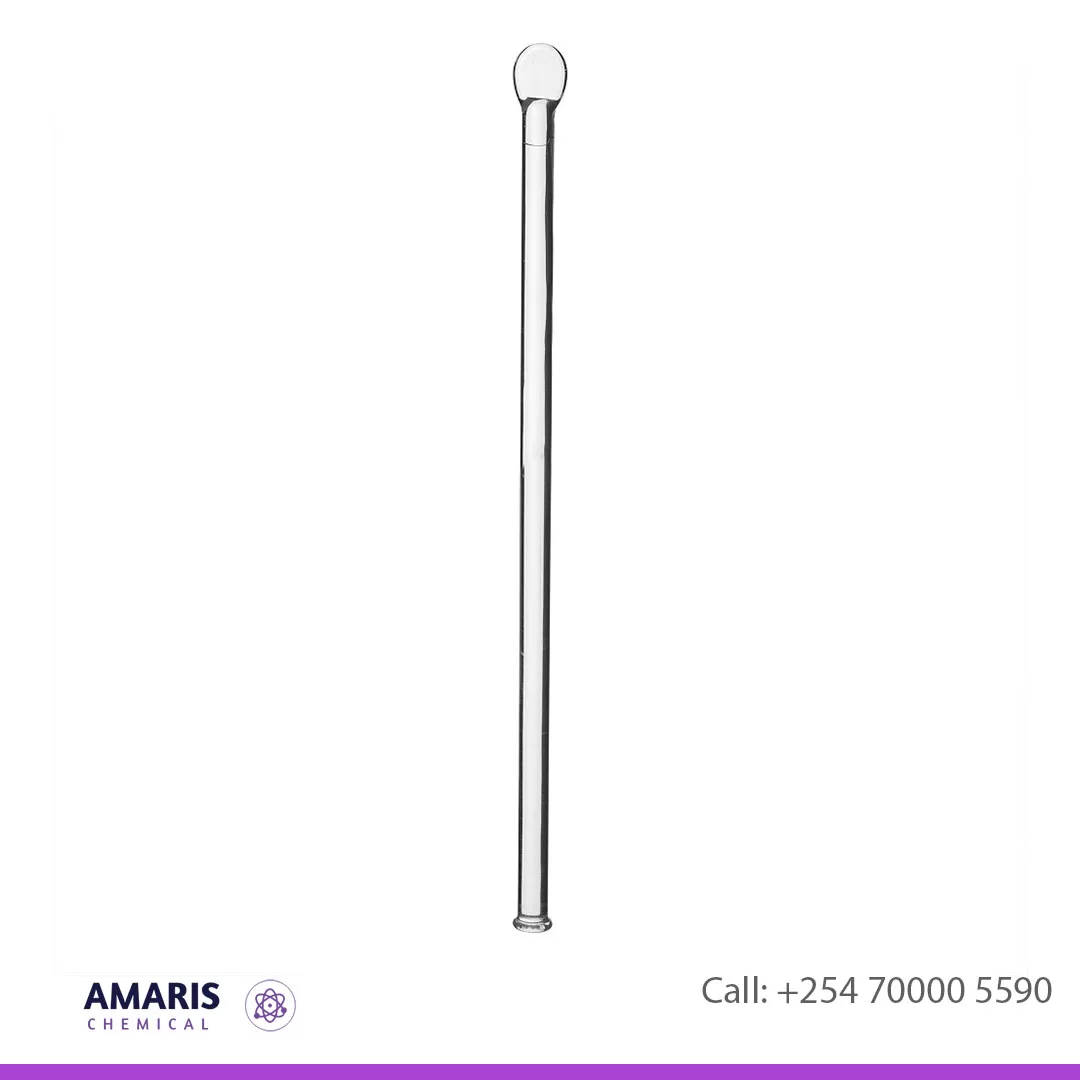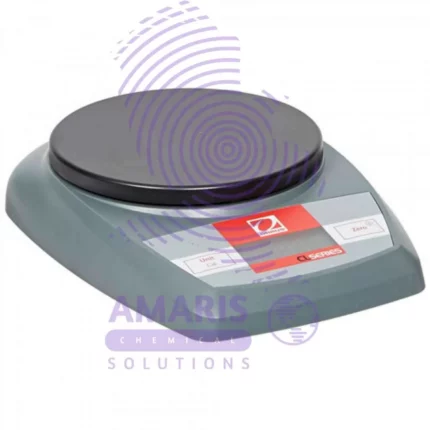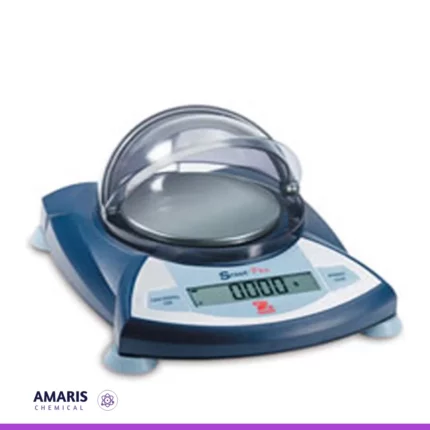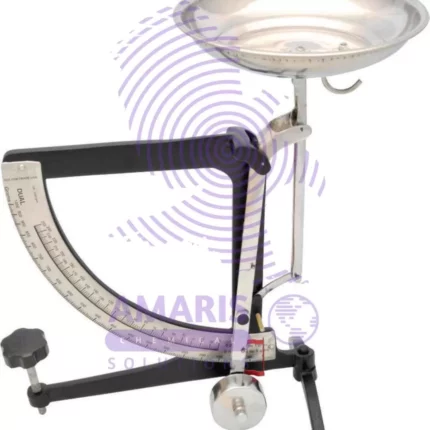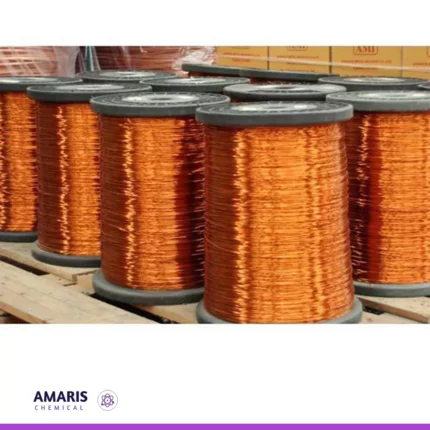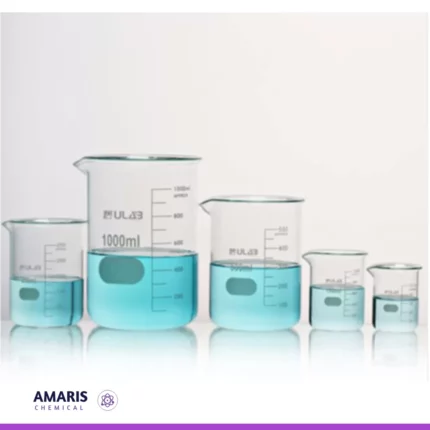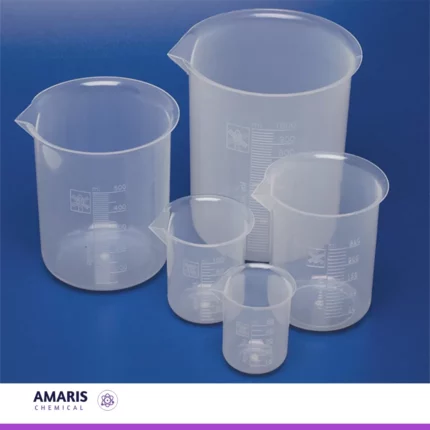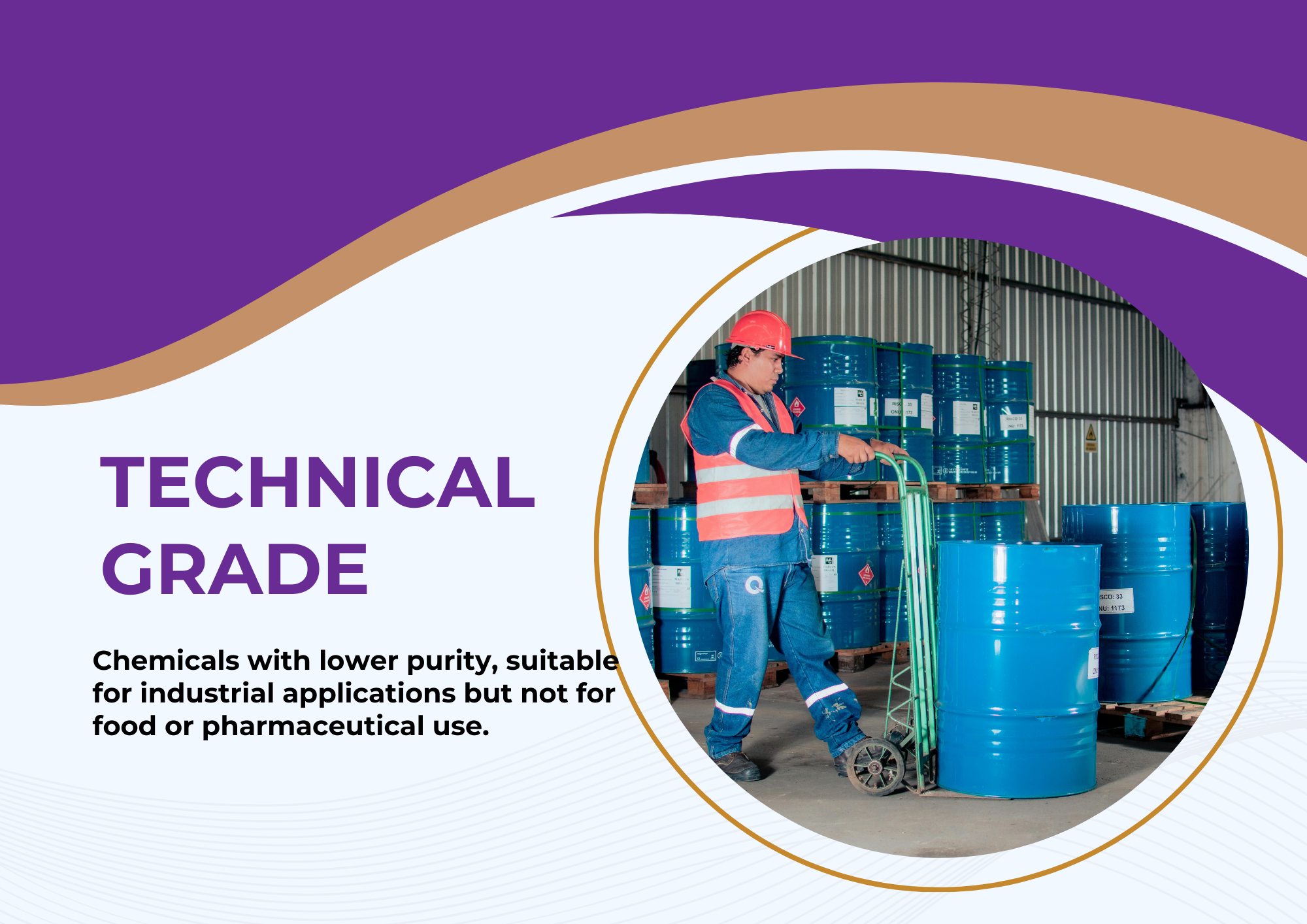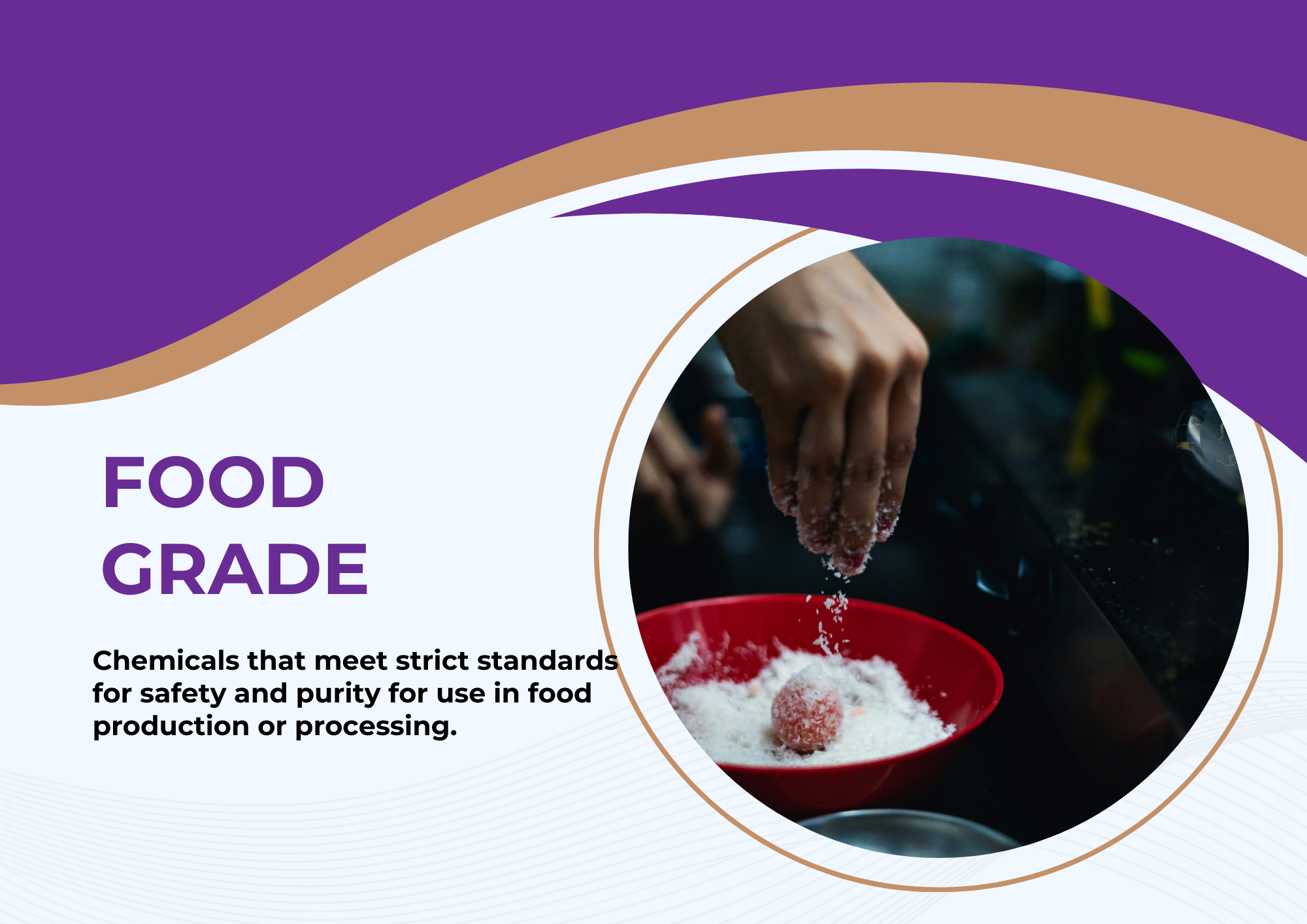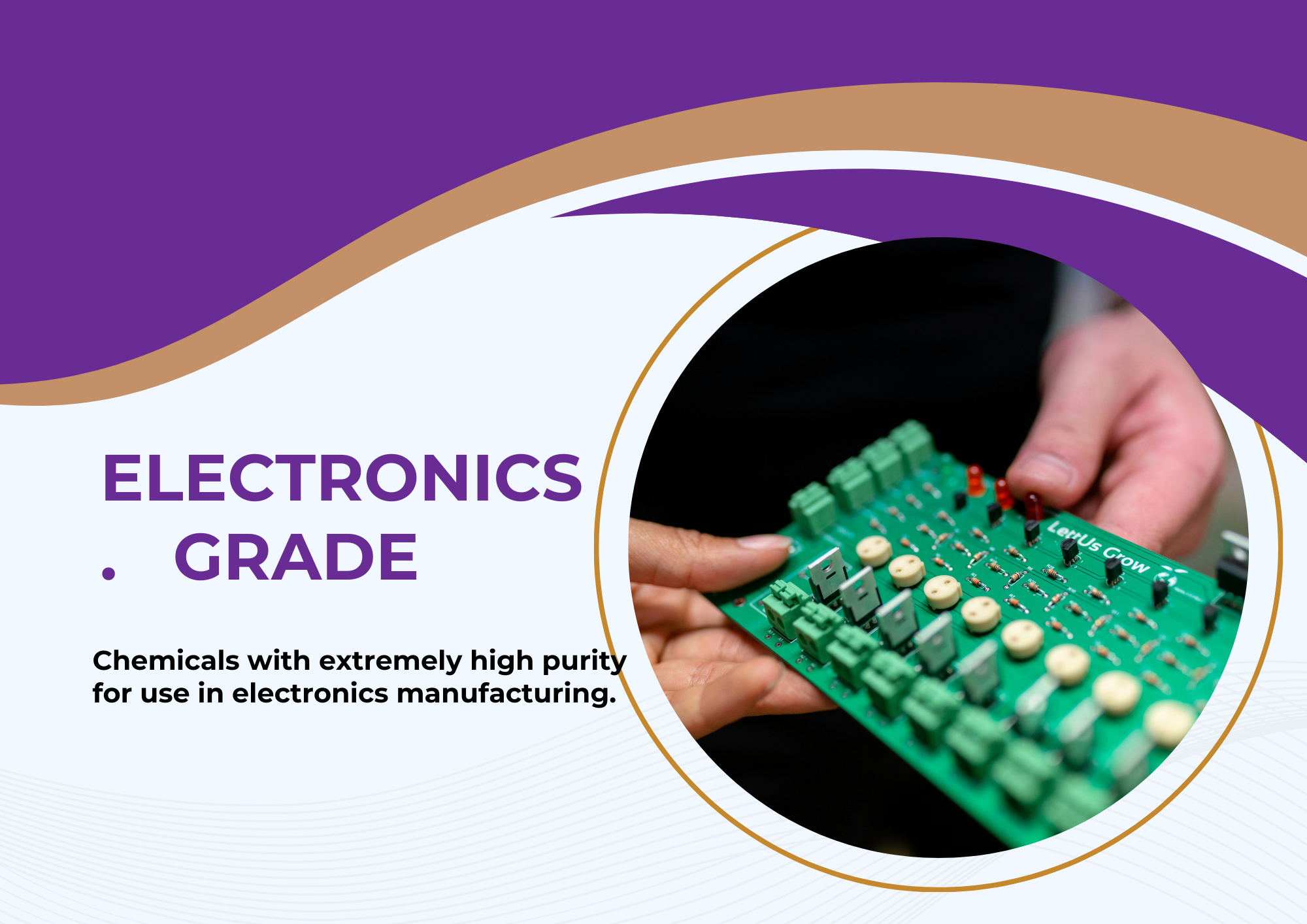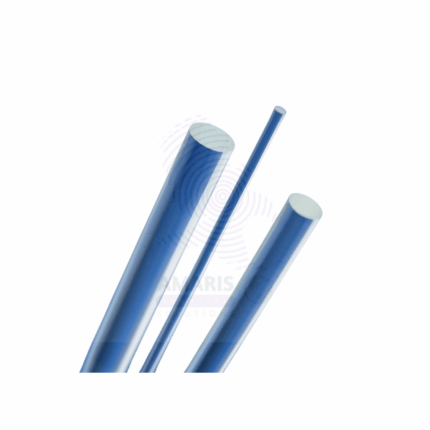
Glass Rod for Static Electricity
KSh0.01
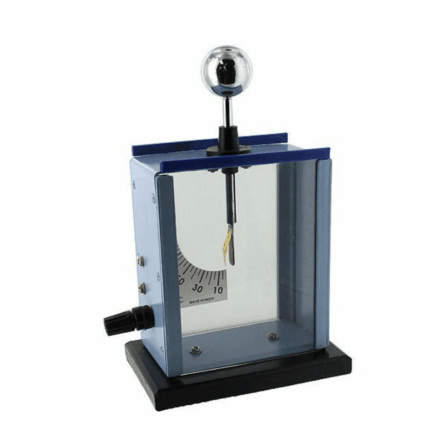
Gold Leaf Electroscope
KSh1,800.00 Original price was: KSh1,800.00.KSh1,700.00Current price is: KSh1,700.00.
Glass Stirring Rod
KSh500.00 Original price was: KSh500.00.KSh450.00Current price is: KSh450.00.
A glass stirring rod, also known simply as a stirring rod, is a piece of laboratory equipment used to mix chemicals and liquids
SKU:
ACS98611CHEM0
Category: Special Laboratory Equipment
Description
Uses of Glass stirring rod
- Mixing Solutions:
- Stirring chemicals and solutions to ensure even distribution of substances.
- Decanting Liquids:
- Assisting in pouring liquids by directing the flow along the rod to prevent spills.
- Crushing and Grinding:
- Gently breaking up clumps of powder or solid chemicals within a solution.
- Temperature:
- Withstanding high temperatures, suitable for hot solutions
Shipping & Delivery
Related products
Aspirator Bottle Glass
A laboratory aspirator glass bottle, also known as a vacuum aspirator bottle or a vacuum filtration flask, is a specialized glass container used in scientific laboratories for various applications. It is designed to create a vacuum or negative pressure, which allows the filtration of liquids through a porous medium like a filter paper or a membrane.
The bottle typically has a conical or pear-shaped body with a sidearm or neck near the top. This neck is where a rubber or silicone stopper is inserted, allowing for the attachment of tubing or a hose to connect to a vacuum source or water aspirator. (Available in 2.5l,5l,10l,)
Laboratory aspirator glass bottles are commonly used in vacuum filtration processes to separate a solid precipitate from a liquid solution. When connected to a vacuum source, the air inside the bottle is removed, creating a pressure difference that draws the liquid through the filter, leaving the solid behind on the filter paper.
These bottles come in various sizes to accommodate different filtration needs and are an essential tool in many research, analytical, and quality control laboratories for tasks like separating particulate matter, sterilizing solutions, and performing various filtration techniques. They are often made of durable borosilicate glass to withstand the pressure changes and chemical interactions that may occur during laboratory operations.
Balance Bathroom Scale
KSh0.01
Balance lever
KSh0.01
The best definition of a balance lever is a simple machine that consists of a rigid bar or beam that pivots around a fixed point called the fulcrum. It is used to compare the weights or forces of two objects and determine if they are in equilibrium (balanced) or if one side is heavier than the other (unbalanced).
The balance lever operates on the principle of torque, where the torque (rotational force) exerted on one side of the fulcrum is equal to the torque on the other side when the system is in equilibrium. This principle is expressed by the formula: Torque = Force × Distance from fulcrum.
By placing known masses or weights on one side of the lever and an unknown weight on the other side, the balance lever can be used as a weighing scale. When the lever is in balance, the two sides are equal in weight or force. This concept has been widely used in various applications, from traditional weighing scales to more complex systems like seesaws or construction equipment.
bare enamelled copper wire
KSh0.01
beaker hysil
KSh0.01
A glass beaker is a cylindrical, open-top container made of glass, typically with graduated volume markings on its side. It is commonly used in laboratories for holding, mixing, and heating liquids, as well as for performing various experiments and chemical reactions. Glass beakers come in various sizes and are designed to provide easy observation of the contents and to withstand temperature changes without significant deformation or chemical interaction with the substances being used.
Beaker Plastic
KSh0.01
A plastic beaker is a laboratory container made from plastic material, typically featuring a cylindrical shape with a flat bottom and a spout or pouring lip. It is used for holding, measuring, and mixing liquids or substances during various scientific experiments, research, or educational activities. Plastic beakers come in a range of sizes and are designed to withstand various chemicals and temperatures, making them versatile tools in laboratory settings.

